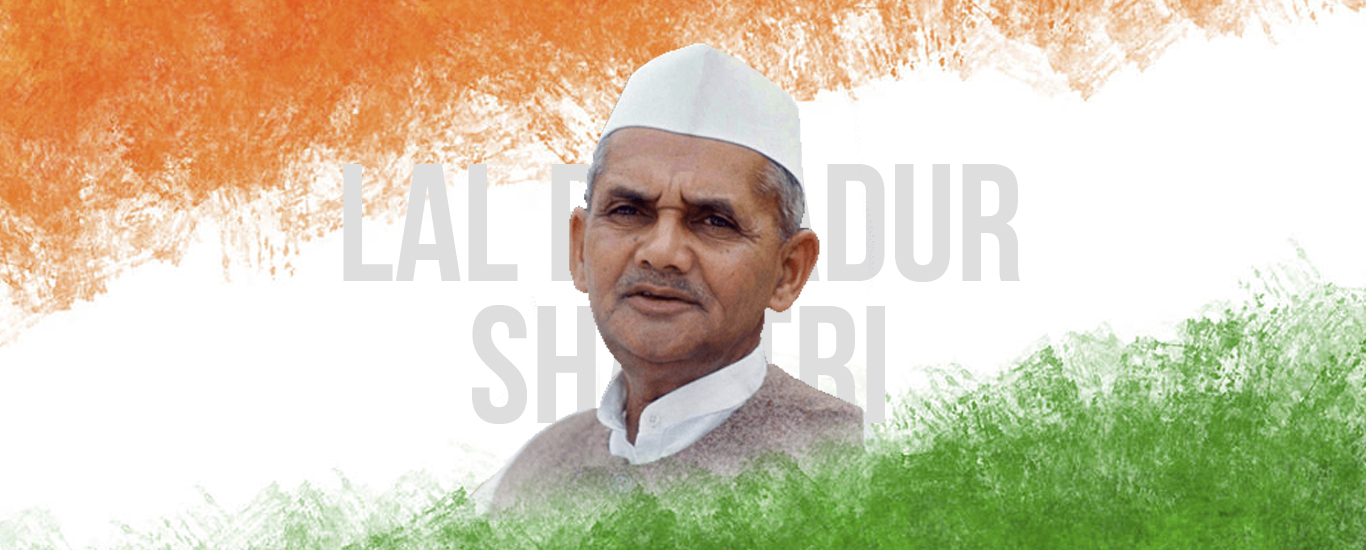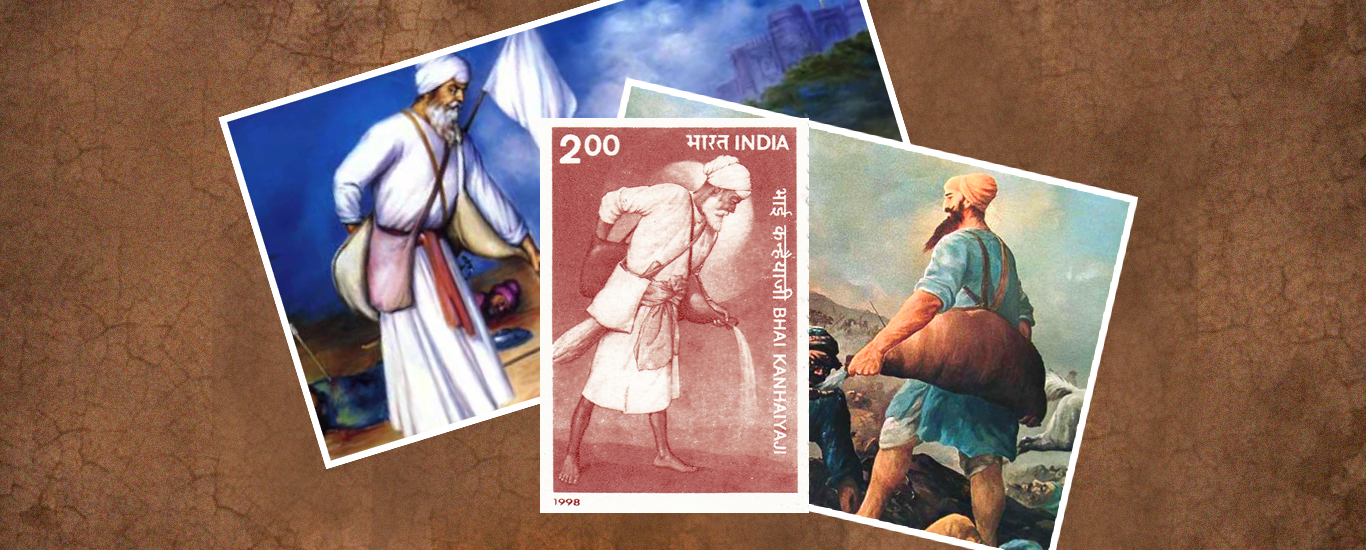Rani Gaidinliu – The Naga Spiritual and political leader from Manipur
“I have nothing to say for the younger generations as Gandhi said once “MY LIFE IS MY MESSAGE” my people is my hope”
A great Manipuri leader, a fighter who has shown remarkable courage and sacrifice for their country. Gaidinliu was born on 26 January 1915 in a place called Nungkao Naga village of Manipur West district. As a child she was very independent in thinking and an excellent decision maker. She grew up as a fearless girl and had strong determination and did not stop without achieving.
She knew all the policies of British colonial rule and was involved in many struggles against the British. Rani had an exact knowledge about the injustice done in society and the Britishers were exploiting Manipuri’s.
Early Life
At the tender age of 13, she joined a resistance movement which was led by Haipou Jadonang, a revolutionary who had engaged in driving away the British from Manipur. She joined this movement because she wanted to be a part of that movement and wanted to join movements which had a motive to drive away the British people. She readily supported his way of protest.
She cleverly organized and mobilized the people to fight against the British rule in Manipur and the people readily followed her with her inborn quality of becoming a leader.
Gaidinliu Takes Power
On 19th August 1931, Jadonang was hanged. At that point Gaidinliu was accepted by everyone as the leader of the Zeliangrong Movement. After the execution of Jadonang the present Manipur West southern Nagaland and the Northern Chile region of Assam rose in revolt. The British took to the suppression of the innocent villagers. Fines were imposed on the disturbed villages.
Jadonang had since long known about Gandhiji and his freedom movements. But it was Gaidinliu who popularized the name of the father of the nation. She told her followers about the congress movements and Gandhi’s leadership. Gaidingliu told them that they are free people and should not accept British domination. Zeliangrong movement aimed at the liberation of the Zeliangrong people and the liberation of people from the British Colonial rule. This was in fact a revolt against British rule.
Rani Gaidinliu was the voice of the people. People worshipped her as a goddess, a prophet who would save them from the suppression of the British. The British government had even given orders to finish off Gaidinliu. A reward of Rs 200 was offered and later was increased to Rs 500. She was very active from 1931 to 1932. During just one year gap she had gone through lots of activities. She was deeply involved in an armed struggle against the British as she was not afraid to fight against the British. Most of her campaigns were against the British government.
Imprisoned To Suppress Her
The British tried to suppress her by arresting her and finally and was arrested in October 1932. But this did not stop her even though she was sentenced to life imprisonment. She became a legendary figure, her campaigns, slogans, movements, ideas were never suppressed rather it spread wide among the people of Manipur.
On 30 December 1938, a meeting was held under the leadership of Hijam Irabot who pressed for the motive of her release. Having such a strong force behind her, the British were afraid of Gaidinliu. So they decided to send her to Guwahati Jail. She even protested in the jail as she was not ready to tolerate any kind of discrimination, exploitation and oppression.
There she was up against the inhospitable condition of the prison as the prison was not in a living condition. This made the British government to shift her back to Shillong jail. The British even tried to suppress her by converting her into a Christian but was an utter failure. Gaidingliu was a person who always wanted to preserve the culture, the identity and the religion of the people of Zeliangrong.
After 14 years of imprisonment she was released but was not allowed to come back to Nungkao and was kept isolated in Chang Village of Yimrap. In 1951 she returned to Nungkao Tamenglong District and succeeded.
Death
She had passed away on 17 February 1993 after giving up all her life for the betterment of the people of Manipur. She always did her best to protest against the inhuman activities of British rule. Because of her courage and spirit Jawaharlal Nehru, The first Prime Minister of India described Gaidinliu as the “daughter of the hills” and gave her the title ‘Rani’. She was also awarded a Padma Bhushan.
Honor
A park was developed by the state government along with a statue to honor the late freedom fighter in Silchar, Assam.
The Government of India issued a postal stamp in her honor in 1996, and commemorative coin in 2015. Till today she is referred as Rani Gaudinliu. It is our responsibility to love, respect and honor them.



